Welcome to my blog
Grow & Scale A Business That Will Set You Free
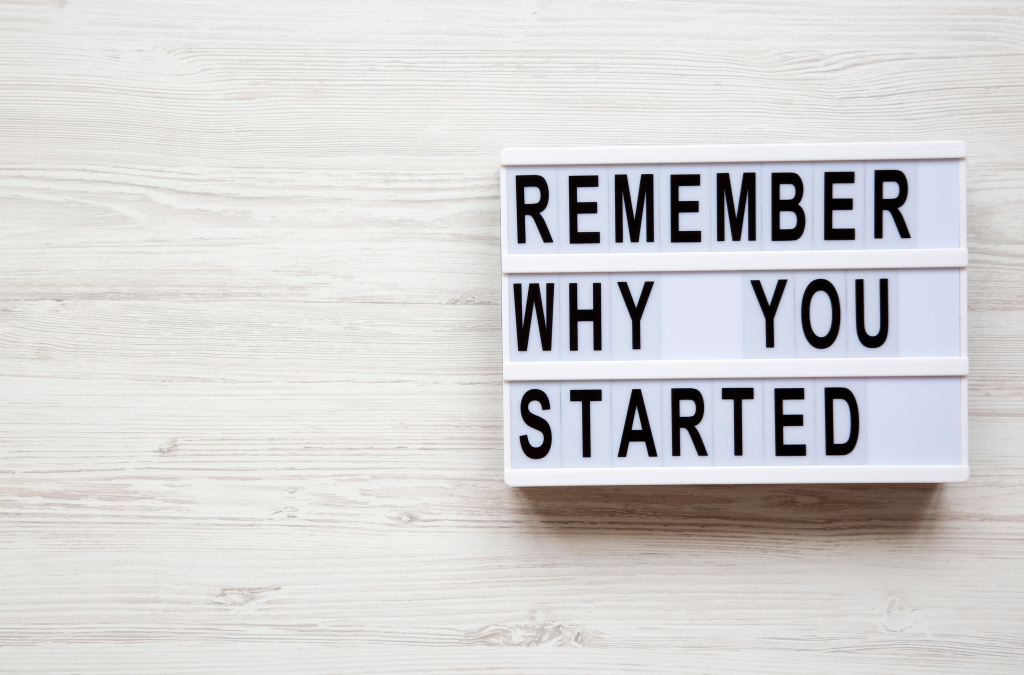
Life Is What Happens
By the end of January, something familiar happens.
The calendar is no longer fresh. The adrenaline of a new year has worn off. Reality has shown up.
Bills. Emails. Family needs. Client demands. Life, doing what life does.
John Lennon said it simply: Life is what happens when you’re busy making other plans.
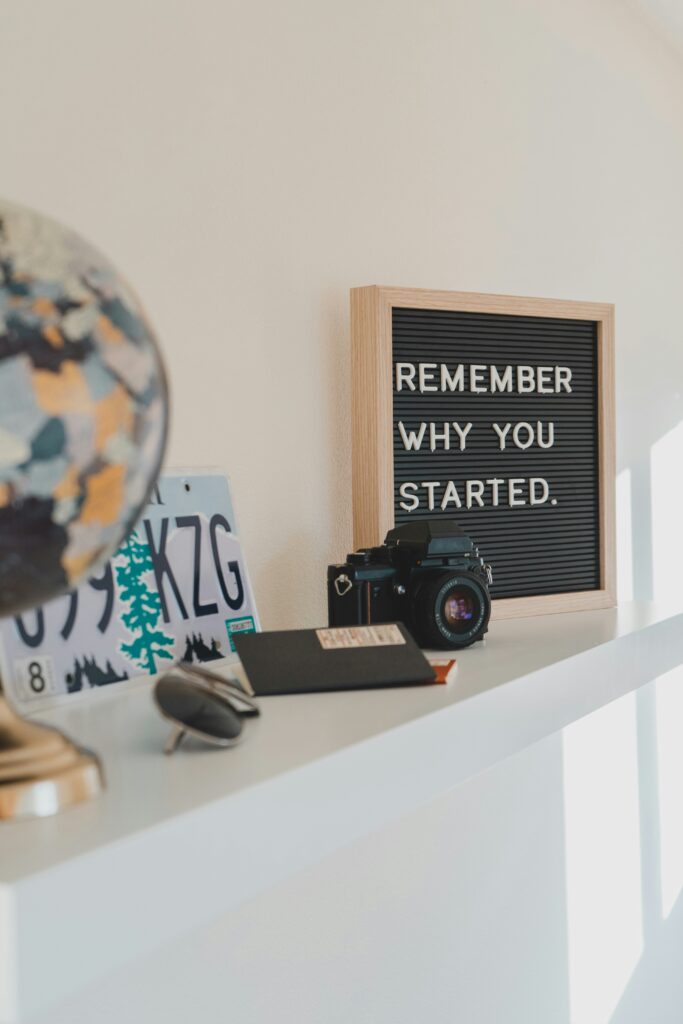
You began the year with real intention: Start the business. Grow the practice. Launch the program. Write the book.
None of it was frivolous. It mattered.
And yet, three weeks in, the weight of competing priorities presses hard. Time fragments. Energy leaks. Focus scatters.
You start wondering if this is just how it goes. Big intentions. Slow fade.
Most people assume the problem is motivation. It usually isn’t.
The real issue is friction.
Friction comes from too many decisions.
Too many open loops, too many demands pulling in different directions.
Friction exhausts even the most disciplined people. Especially capable, conscientious ones.
This is where most goals quietly die.
Not in failure. In fatigue.
A good coach does not hype you up. They steady you.
They help you see what actually matters now. They strip away the nonessential. They keep your head in the game when the novelty wears off.
Most importantly, they help remove friction.
Simplifying choices. Clarifying next steps. Creating structures that support follow through.
Accountability is part of it. But clarity is the real gift.
A clear roadmap and a guide to walk with you along the way.
Progress does not require heroics. It requires alignment.
By late January, the question is no longer “What do I want?” It is “What am I willing to protect?”
Your time. Your attention. Your intention.
If your goals are slipping through the cracks of a full life, you are not broken. You are human.
And you do not have to do this alone.
Need help? Let’s talk. Email me: [email protected]

Cycles of Doom
The news cycles are relentless right now.
Headlines refresh by the minute. Alerts buzz. Feeds scroll endlessly. It can feel like drinking from a fire hose that never shuts off.
As entrepreneurs and business professionals, we cannot afford to be uninformed. The world shapes markets. Policy shapes opportunity. Culture shapes demand. Paying attention matters.
But there is a line.
And many people have crossed it without realizing it.
Doom scrolling is not the same as being informed. It is a nervous system caught in a loop. One more headline; one more video; one more take. The body tightens. Focus fractures. Energy drains.
You feel busy. But you are not actually working.
Here is the quiet danger. When you consume news constantly, you slowly lose your capacity to think clearly. Creativity drops. Perspective narrows. Everything feels urgent, heavy, and bleak. That is not a good place from which to lead, decide, or build.
The goal is not disengagement. The goal is containment.
Think in terms of boundaries, not avoidance.
You choose when to step into the news. And you choose when to step back out.
One simple practice is time boxing.
Set a defined window once or twice a day. Fifteen or twenty minutes. Read from a few trusted sources. Then stop. No grazing. No scrolling beyond the window.
Another practice is location.
Don’t consume news everywhere. Pick one place. A chair. A desk. When you leave that spot, the news stays there. This trains your mind to associate information with intention rather than habit.
Pay attention to how your body responds.
If your shoulders tense, your jaw tightens, or your breath shortens, that is a signal. It is time to step away. The body often knows before the mind admits it.
Ask yourself a grounding question.
Is this making me more capable or less? More resourceful or more reactive? Informed or flooded?
Entrepreneurship already demands resilience. In the ordinary course, we have a lot going on in any given day. Decision making. Risk. Uncertainty. Creative problem solving. If you drain your nervous system with constant exposure to crisis, you have less capacity for the work that actually matters.
Staying informed is part of your job.
Staying overwhelmed is not.
There is another cost worth naming.
Doom cycles shrink your sense of agency. Everything starts to feel out of your control. But your work, your business, your leadership are places where agency still exists. Protecting your attention protects your ability to act.
This is not about being naive. It is about being strategic with your energy.
The world doesn’t need more exhausted, reactive leaders. It needs grounded people who can see clearly, think long term, and respond with wisdom rather than panic.
You’ve got this.
Need help? Let’s talk. Email me: [email protected]

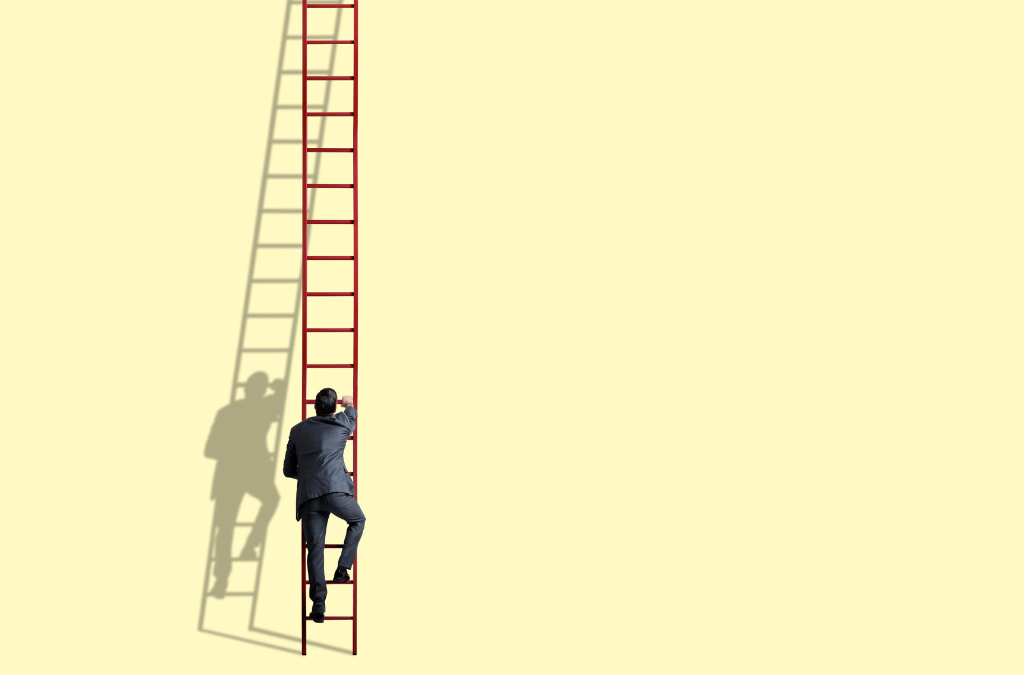
Ladders and Walls
The New Year is here. A fresh start. A blank page.
For many, this is the time for setting goals and planning.
And yes, of course, planning is important. Because, with a clear plan, you increase your odds of achieving your goals significantly.
But I have some important questions for you: Are the goals you’re chasing after the ones you really want? Are they the ones that make your heart sing?
In our success-driven hustle culture, we’re all surrounded by the call for more. Bigger. Better. Faster. 10xing everything.
And before you know it, you’ve lost your way.
“People may spend their whole lives climbing the ladder of success only to find, once they reach the top, that the ladder is leaning against the wrong wall,” Trappist monk and author Thomas Merton once said.
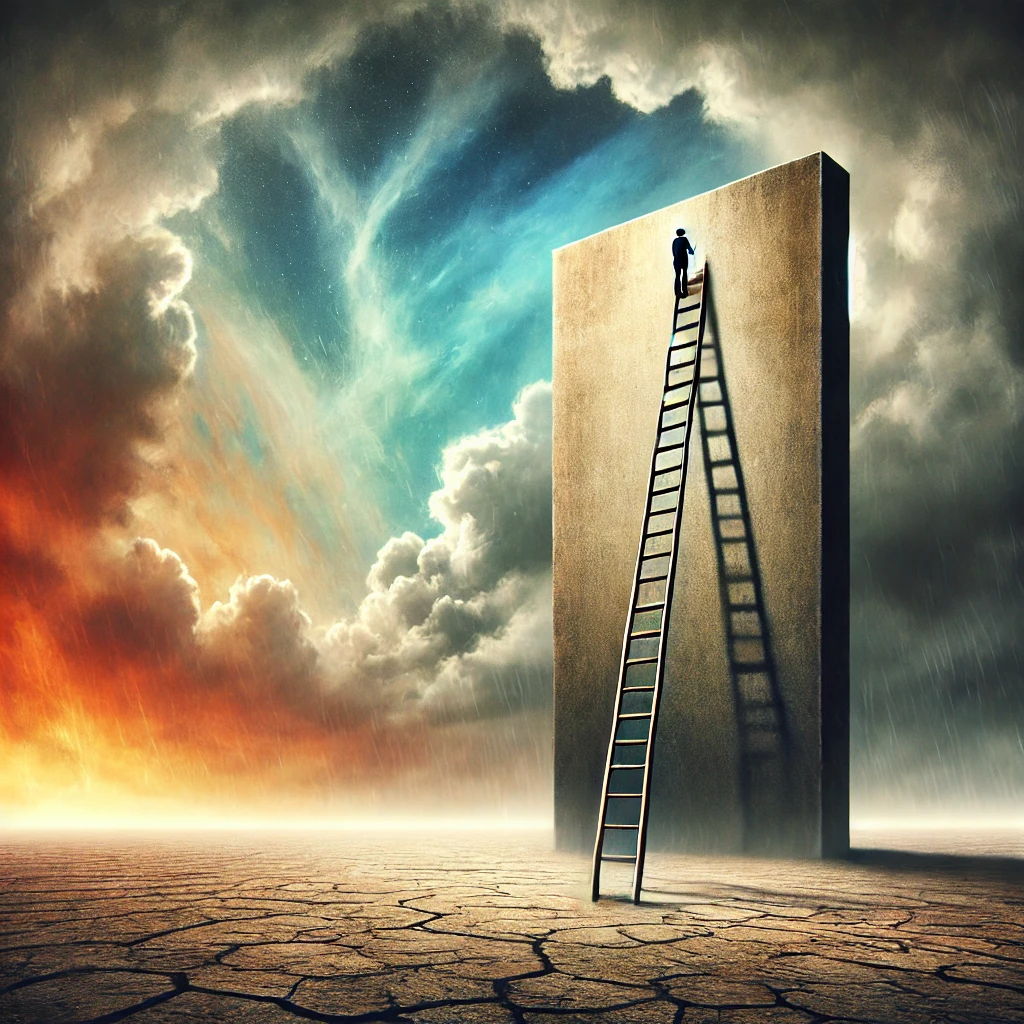
It’s a haunting image. A life full of effort and achievement. Only to realize it wasn’t your wall. It was someone else’s goal; someone else’s dream.
The world loves success stories.
But real success starts with this question: How do I want my life to be?
Not just your work life. Or your financial life. But your life.
This question shifts everything. It invites reflection. Alignment. Purpose.
So my invitation to you as we move into the New Year is this: Pause. Take a breath. Ask yourself:
- What truly matters to me?
- Who do I want to be?
- How do I want my days to feel?
This isn’t about rejecting ambition. It’s about clarity.
Goals are only worth pursuing if they lead to a life that feels whole.
Maybe this year isn’t about doing more.
Maybe it’s about doing what matters.
Take the time to choose your wall. Lean your ladder against something that feels solid. Something that aligns with your heart and soul.
Because a meaningful life isn’t about how high you climb.
It’s about where you’re climbing to.
This year, start with the right question. Build from there.
And may you find joy, peace, and purpose in every step.
May it be so.

What Do You Really Want?
Hope deferred makes the heart sick,
but a longing fulfilled is a tree of life.Proverbs 13:12
How are you today?
I hope you’ve woken up rested, refreshed and satisfied as your holiday celebrations draw to a close.
But if, instead, you’re feeling dazed and depleted and maybe a little bit empty, you are not alone.
The holidays are a huge source of stress; a seemingly never-ending torrent of buying and wrapping and eating and drinking and binging and networking and connecting and partying; with concomitant unceasing demands and obligations and expectations.
Likely you’ve spent the last several weeks (or months!) hustling around fulfilling everyone else’s wants. Tending to the needs of others.

Maybe you think you’re done.
Except that you’re not.
It’s today. Another day. And while you can, perhaps, distract yourself for a little while longer, “ringing in” this New Year, the day is coming soon when you will face the expanse – or the abyss – of the year ahead.
So today’s question is not about all those other folks you’ve been attending to. It’s about you.
What do you want?
What do you really want?
Not what you think you should want; or what you think you’re expected to want. Not what your father wanted; or what your mother thought would be right. Not what your partner or boyfriend or girlfriend or neighbors want. Not what your clients want. Not what some well-intentioned teacher or guidance counselor wanted for you.
Rather, what is it you want ? For yourself? Right here? Right now?
The folks who read this blog are, by their very nature, givers. The challenge for givers is receiving. The challenge for givers is getting quiet enough to listen to the still small voice that speaks to us of our heart’s desires. The challenge for givers is giving to ourselves what it is we really, really want.
Because, we often presume that what we want is bad. Or selfish. Or self-centered.
Or more frequently, we forget what we wanted. We become numb to our heart’s desire.
So on the threshold of a new year, I have a challenge for you: Set aside some time just for you; and spend some time asking yourself (and perhaps journaling about) these questions:
- If I could make my life any way I wanted it, what would my ‘perfect’ day look like? My ‘perfect’ week? What time would I get up? What would I wear? Who would I spend my time with? What work would I do? What projects would I pursue? What travels would I take? What would my ‘perfect’ life look like?
- If this were my very last year on earth, what would I do? Would I stay in the same relationship; would I keep the same job; would I hang out with the same people; would I go the same places; would I do things the way I’m doing them right now?
- If money were no object, if I won the $30 million dollar Powerball, what would I do? After I bought all the toys I wanted, where would I go; who would I go with; where would I spend my time; what experiences would I want to create; what legacy would I want to leave?
Because here’s what’s true: Those whispers that are in your heart, those dreams that you have, those projects you want to create, those places you want to go, the empires you want to build, the impact you want to make… they’re not random musings; they’re not accidents. They are the call of your Spirit, the Divine within you, showing you – telling you – the way.
So think. Write. Draw. Free flow. Tear down the boundaries. No limitations. Let your imagination run wild.
And then get busy. Because, that’s what you want. That’s what you really want.
That’s your heart’s desire.
________________________________________________________________
If this is a challenge for you, then you are not alone. It’s easy to lose touch with what it is we really want. I can help you find that place again. Email me: [email protected]

Be The Light
For as long as human beings have been telling stories, we have been watching the light.
We have marked its return. We have celebrated it. We have trusted that even after the longest night, something new begins.
That is why the winter solstice has mattered for millennia.
At the darkest point of the year, when daylight feels scarce and the cold seeps in, ancient cultures gathered to notice a simple but profound truth. The light returns. Slowly. Imperceptibly at first. But reliably.
Early Christianity inherited that wisdom.
The New Testament never gives us a date for Jesus’ birth, and the earliest followers did not celebrate Christmas at all. It was only centuries later that December 25th emerged as the Feast of the Nativity. Part of that choice was practical, a way to reinterpret popular midwinter festivals already centered on light, renewal, and hope. Part of it was symbolic. If new life entered the world at the darkest time, then darkness does not get the final word.
That symbolism has endured because it speaks to something deeply human.
This year, the darkness feels real.
Political rancor. Economic anxiety. War in Ukraine and the Middle East. Nuclear saber-rattling that feels unthinkable and yet very present.
Add to that the private darkness people carry quietly. Burnout. Grief. Fear about the future. The sense that the world is louder, harsher, and less kind than it used to be.
It is easy to get lost there.
But darkness has never been the whole story.
Light does not arrive as a flood. It arrives as a flicker. A candle. A decision. A choice to see what is still good and to act accordingly.
Light is clarity when confusion reigns. It is steadiness when others are reactive. It is kindness without an agenda.

And this is where the ancient story becomes personal.
Finding the light is not a passive act. It is a practice. It means choosing where you place your attention. It means resisting the pull to doom-scroll, catastrophize, or harden your heart. It means noticing competence, generosity, and courage where they still show up every day.
But it goes further.
The invitation is not just to look for the light. It is to be it.
Be the colleague who steadies a tense room. Be the leader who tells the truth without cruelty. Be the professional who does not add to the noise.
Light multiplies when it is shared. One calm presence changes a conversation. One thoughtful decision shapes a culture. One act of decency ripples outward in ways you may never see.
These holidays of Light remind us that change does not need to be dramatic to be real. The days lengthen by seconds at first. No fireworks. No announcement. Just a quiet turning.
So this Christmas, whether or not the world feels ready, the light is still returning.
You can notice it. You can protect it. And you can offer it.
That is how darkness has always been met.
DOWNLOAD your FREE BOOK!
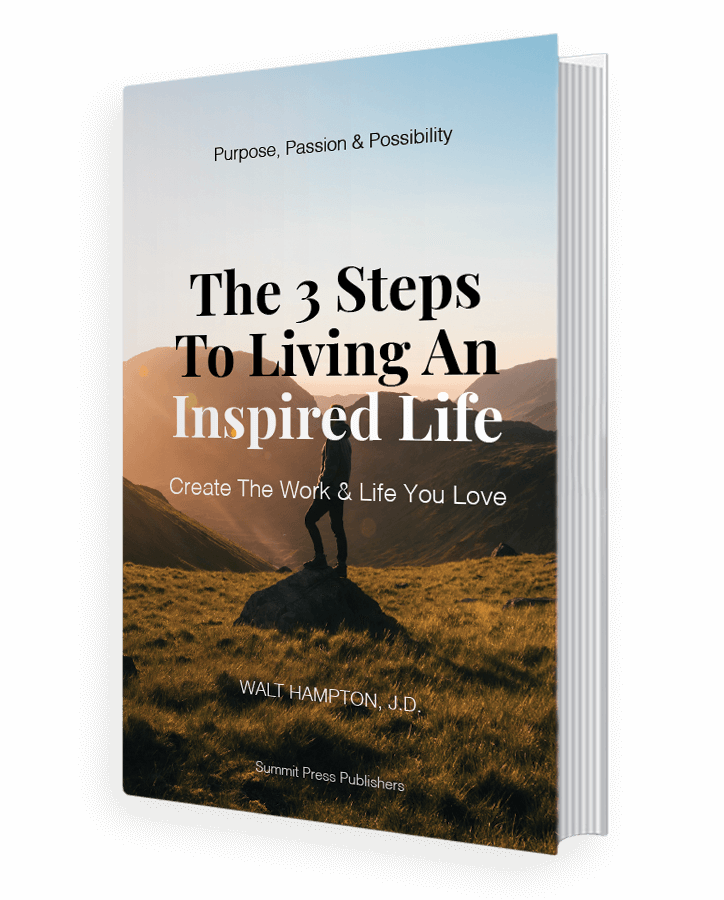
DOWNLOAD Your Free E-Book NOW! Click Below And Get Going!
Click below for your copy of Journeys!
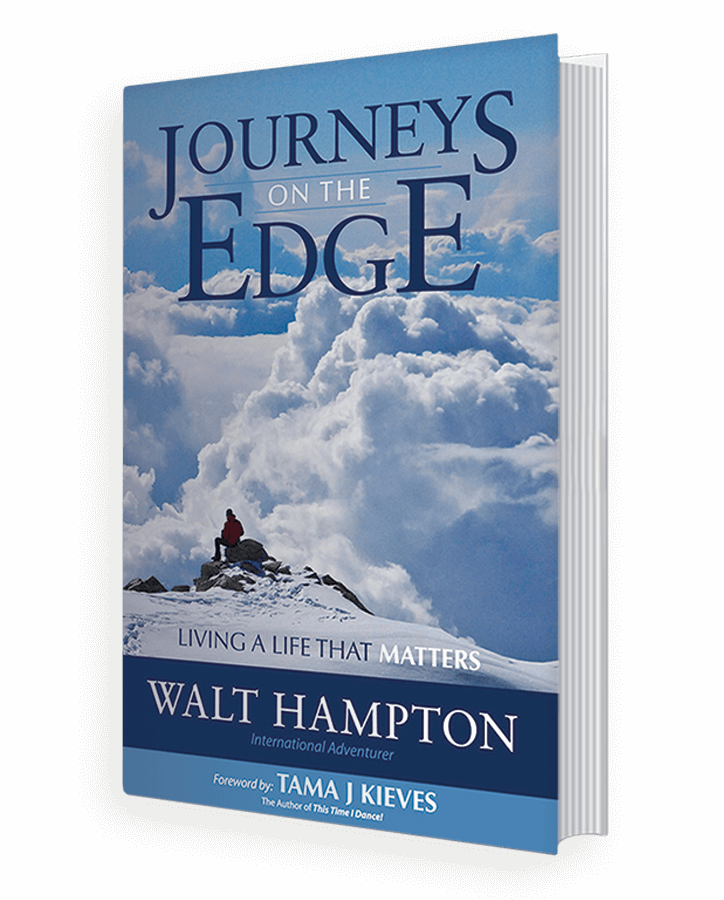
You’ll Get A Signed Copy!
Click on the button for your copy of my brand new book “The power principles of time mastery!”
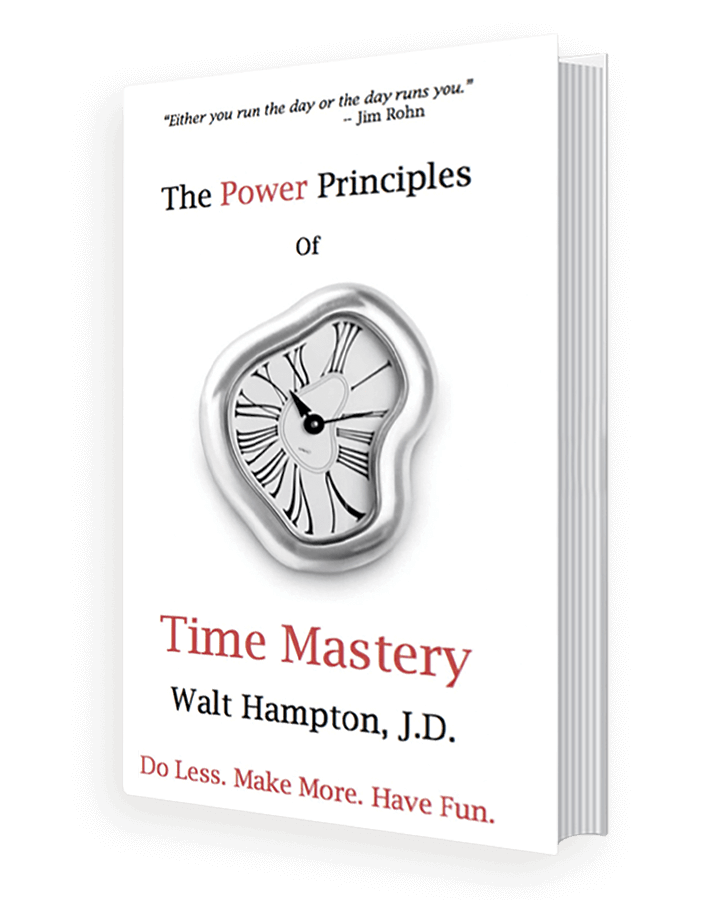
You’ll Get A Signed Copy!
Categories
Adventure
Finding The Way
Journeys
Leadership
Success
Ultra Training
